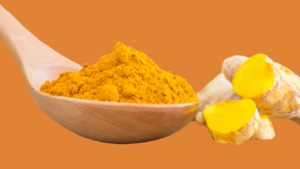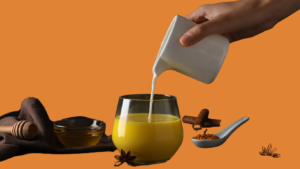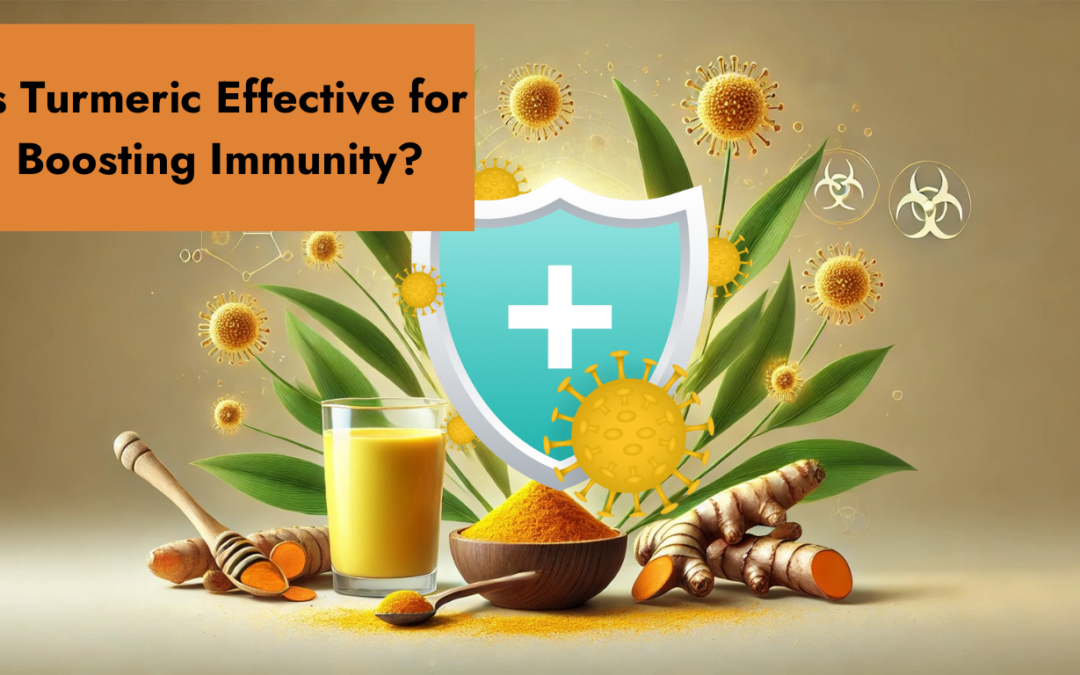Turmeric, a golden-hued spice revered for centuries in traditional medicine, has become a staple in health and wellness discussions. Its vibrant color and unique flavor are only part of its allure.
The real magic lies in its active ingredient, curcumin, a bioactive compound with powerful anti-inflammatory and antioxidant properties.
But is turmeric truly effective for boosting immunity, or is it another overhyped trend?
Let’s look into the science, benefits, and practical applications of turmeric to determine its role in immune health.
Understanding Immunity and Its Importance

The immune system is a complex network of cells, tissues, and organs working together to defend the body against harmful invaders like bacteria, viruses, and other pathogens. It has two primary components:
- Innate Immunity: The body’s first line of defense, providing a general response to threats.
- Adaptive Immunity: A more specific and learned response that develops over time, creating memory cells to fight familiar pathogens.
A robust immune system is essential for maintaining overall health, preventing infections, and aiding in faster recovery. Lifestyle choices, diet, sleep, and stress levels play critical roles in shaping immune function. Increasingly, natural remedies like turmeric are being explored for their potential to enhance immunity.
Turmeric: A Superfood Rooted in Tradition
Turmeric, scientifically known as Curcuma longa, is a rhizome native to South Asia. For over 4,000 years, it has been a cornerstone of Ayurvedic and traditional Chinese medicine, often used to treat inflammation, digestive disorders, and skin conditions. Today, turmeric is hailed as a “superfood” for its myriad health benefits.
The key to turmeric’s health-boosting properties lies in curcumin, which comprises 2–8% of the turmeric root. Curcumin is known for its ability to modulate the immune system, reduce inflammation, and protect against oxidative stress—all of which are critical for immunity.
Related Read: How Turmeric Enhances Beauty
How Turmeric Enhances Immunity

- Anti-Inflammatory Properties
Chronic inflammation is a silent disruptor of the immune system, often linked to diseases like diabetes, heart disease, and autoimmune disorders. Curcumin works by inhibiting inflammatory molecules like cytokines and prostaglandins, thereby calming the immune response. - Antioxidant Support
Oxidative stress occurs when free radicals overwhelm the body’s antioxidant defenses, leading to cell damage and weakened immunity. Turmeric boosts the production of antioxidant enzymes like glutathione and neutralizes free radicals, protecting immune cells from damage. - Modulation of Immune Cells
Turmeric has been shown to influence various immune cells, including:- T-cells: Enhances their ability to recognize and attack pathogens.
- Macrophages: Improves their efficiency in engulfing harmful invaders.
- Dendritic Cells: Promotes better communication between innate and adaptive immunity.
- Gut Health Connection
A significant portion of the immune system resides in the gut. Turmeric supports gut health by promoting the growth of beneficial bacteria and reducing gut inflammation. A healthy gut microbiome is directly linked to stronger immunity. - Antimicrobial Properties
Turmeric exhibits natural antibacterial, antiviral, and antifungal properties. While it won’t replace antibiotics, it can provide an additional layer of protection against infections. - Immune Balance
One of the unique features of curcumin is its ability to balance the immune system. This means it can boost immunity when the body needs to fight an infection while also suppressing an overactive immune response, which is crucial in autoimmune diseases.
Scientific Evidence Supporting Turmeric’s Role in Immunity

Numerous studies have investigated turmeric’s effects on immune health:
- A 2020 review published in Frontiers in Immunology highlighted curcumin’s ability to modulate immune responses and reduce inflammation in conditions like arthritis and allergies.
- Research in Molecules (2017) found that curcumin enhances the activity of natural killer (NK) cells, which are crucial for fighting infections and cancer cells.
- A study in Journal of Clinical Immunology (2018) demonstrated that curcumin helps regulate cytokine production, preventing an overactive immune response that could lead to autoimmune conditions.
While these studies are promising, it’s essential to note that most were conducted in controlled laboratory settings or on animals. Human studies are more limited, and the bioavailability of curcumin (its ability to be absorbed by the body) remains a challenge.
How to Incorporate Turmeric for Immune Support

- Golden Milk
A warm blend of turmeric, milk (or a plant-based alternative), and spices like cinnamon and ginger is a comforting way to enjoy turmeric daily. Adding black pepper enhances curcumin’s absorption. - Supplements
Turmeric supplements, often combined with black pepper extract (piperine) or liposomal formulations, offer a concentrated dose of curcumin. Always consult a healthcare professional before starting any supplement. - Cooking with Turmeric
Incorporate turmeric into your meals by adding it to soups, curries, rice dishes, or smoothies. Its earthy flavor pairs well with a variety of ingredients. - Turmeric Tea
Brew turmeric tea by simmering fresh or powdered turmeric with water, honey, and a dash of lemon. - Topical Applications
While not directly related to immunity, applying turmeric externally can help with skin conditions caused by infections, supporting overall health. - Pairing with Other Superfoods
Combine turmeric with other immune-boosting foods like ginger, garlic, and citrus fruits. These combinations can amplify its effects and provide a well-rounded approach to immune health.
Related Read: How to Use Turmeric in your Daily Diet
Potential Side Effects and Precautions
While turmeric is generally safe, excessive consumption or high-dose supplements may cause side effects like:
- Stomach upset or acid reflux.
- Increased risk of bleeding (especially if taken with blood-thinning medications).
- Allergic reactions in sensitive individuals.
Pregnant and breastfeeding women should consult their doctor before using turmeric supplements.
Additionally, people with gallbladder issues or kidney stones should exercise caution, as turmeric may exacerbate these conditions.
Limitations of Turmeric in Immunity
Despite its many benefits, turmeric is not a miracle cure. Its low bioavailability means that only a small fraction of curcumin is absorbed by the body. Researchers are exploring methods to enhance absorption, such as combining curcumin with piperine or developing nano-curcumin formulations.
Furthermore, while turmeric can support immune health, it cannot replace a balanced diet, regular exercise, sufficient sleep, and stress management. These factors form the foundation of a robust immune system.
Conclusion
Turmeric holds great promise as a natural immune booster, thanks to its anti-inflammatory, antioxidant, and antimicrobial properties. Scientific research supports its potential to enhance immune cell activity, reduce inflammation, and protect against oxidative stress. However, its effectiveness is best realized when incorporated into a holistic approach to health.
For those seeking a natural way to fortify their immune system, turmeric can be a valuable addition to their wellness routine. While it’s not a magic bullet, its centuries-old reputation and modern scientific validation make it a worthy ally in the journey toward better health.
When paired with other immune-boosting strategies, turmeric can be a practical and powerful tool to help you stay healthy. Whether you enjoy it in meals, teas, or supplements, this golden spice has earned its place in the modern health arsenal.

